
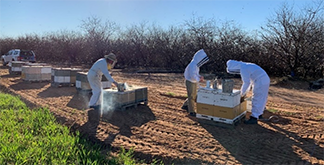
Beekeepers participating in the 2021 almond pollination season are reminded to adequately prepare their hives Read more
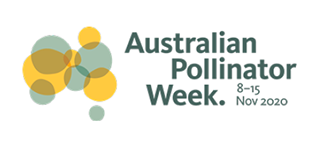
It’s a serious question raised in a slightly naughty way in ‘Pollination Week’, the Australian Pollinator Week theme song released today. “I couldn’t help smiling as I began to contemplate it” said Fiona Chambers, CEO of the Wheen Bee Foundation, “and that’s what makes this theme song so great; it does make you think about […] Read more

This update from the Tasmanian Bee Biosecurity Officer (BBO) Karla Williams gives an overview of her main activities from November 2019 to September 2020. In November 2019, Karla attended the field days of the North-West and Southern branches of the Tasmanian Beekeepers Association (TBA). These were key events for providing biosecurity messages and demonstrating varroa […] Read more
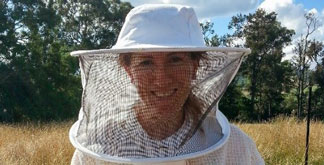
Queensland’s Bee Biosecurity Officer Rebecca Laws has taken her bee biosecurity workshops online. From 26 May to 21 July 2020, Rebecca will present a talk every second Tuesday at 7 pm AEST. She will cover a range of bee biosecurity topics including how to check your hive for pests and diseases and hot topics such […] Read more
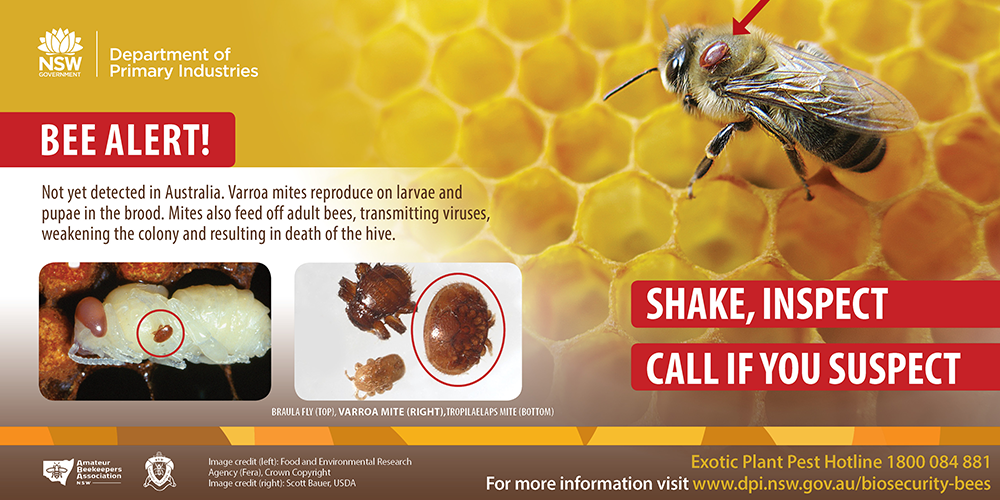
April is Sugar Shake Month, a joint initiative between NSW DPI, Amateur Beekeepers Association NSW, NSW Apiarists Association and the National Bee Biosecurity Program to promote awareness and surveillance for exotic bee mites in Australia. During April, all beekeepers are encouraged to perform a sugar shake test and submit their results to the NSW DPI. […] Read more
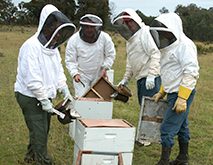
It’s that time of year again. NSW DPI is asking beekeepers to inspect their hives and work together to minimise the occurrence of American foulbrood (AFB) in NSW hives. What is AFB? AFB is a fatal and incurable disease of European honey bees caused by the bacterium Paenibacillus larvae. The bacterium kills the bee larvae […] Read more

Beekeepers who plan to attend pollinations are urged to complete a four point checklist. Read more
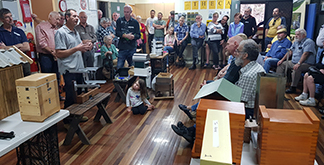
Native bee enthusiasts and professionals alike are in a buzz of excitement with the formation their own member organisation, the Australian Native Bee Association. President Dr Tim Heard said: “The association will harness and spread the enthusiasm for native bees by many groups including naturalists, beekeepers, farmers and backyarders.” The Australian Native Bee Association aims […] Read more

NSW Department of Primary Industries (DPI) has declared American foulbrood (AFB) Awareness Month this October to help keep local bee hives healthy and productive. DPI plant biosecurity prevention and preparedness manager, Chris Anderson, urged beekeepers across the state to look for symptoms of AFB and take prompt action. “If there are signs of AFB, dark […] Read more
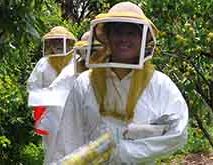
Bee Biosecurity Officers have been busy over the last few months, taking part in Exercise Bee Prepared, as well as compliance and surveillance operations, and going to industry meetings and field days. Encouraging beekeepers to follow best management practices for diseases like American foulbrood continues to be a major focus. The officers are also talking […] Read more
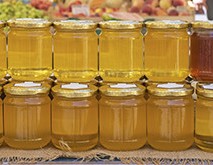
A research project screening Western Australian honey for bioactivity traits that could support health products is uncovering some surprising results. As part of an AgriFutures™ Honey Bee and Pollination Program supported project, researchers from the University of Western Australia, together with the Cooperative Research Centre for Honey Bee Products, are analysing honeys that are native […] Read more
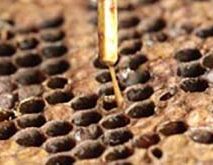
Beekeepers have been urged to look out for discoloured brood and dead larvae, both symptoms of NSW’s most serious brood disease of honey bees, American foulbrood (AFB). The NSW Department of Primary Industries (DPI) today declared October as AFB Awareness Month – a month-long campaign dedicated to educating beekeepers across the state about the fatal and […] Read more
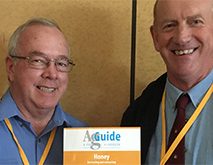
Beekeepers can get practical information on harvesting and extracting honey with a new publication, produced by NSW Department of Primary Industries (DPI) Tocal College, launched at the NSW Apiarists’ Association Conference. DPI Technical Specialist Honey Bees and co-author Dr Doug Somerville said the guide, Honey Harvesting and Extracting, informs beekeepers of the best management practices […] Read more
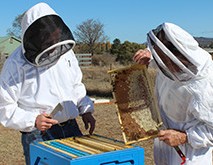
A new online training course was launched by the Australian Honey Bee Industry Council (AHBIC) and Plant Health Australia this week, to make it easy for beekeepers to find out how to care for honey bees in accordance with the new Australian Honey Bee Industry Biosecurity Code of Practice. The Biosecurity for Beekeepers course explains […] Read more
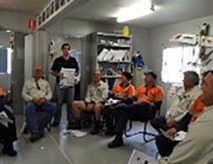
Bees on the move With the recent rainfall in North Queensland, there has been a notable increase in bee activity and swarms. The National Varroa Mite Eradication Progam is calling on beekeepers and members of the public in the Townsville area to report new bee swarms and feral nests so that they can be examined […] Read more
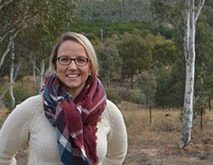
Currently Australia has a high concentration of feral honey bee colonies – that is unmanaged hives in the wild—and these helpful insects pollinate many crops. But as overseas experience has shown, if there should be an incursion of the honey bee parasite Varroa destructor in Australia, this invader would kill off unmanaged hives, with the […] Read more
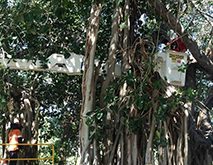
The campaign to rid Townsville of varroa mites is now being funded nationally, with a dedicated locally-based varroa mite eradication team being established in Townsville. Minister for Agriculture and Fisheries and Minister for Rural Economic Development Bill Byrne said the establishment of the National Varroa Mite Eradication Program would ensure a continuing long-term effort to […] Read more
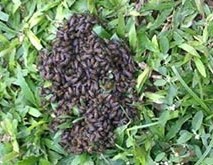
Biosecurity Queensland has not found any varroa mites on a new swarm of Asian honey bees which were collected at Hyde Park on Friday. Dr Ashley Bunce, Director, Varroa Mite Response said this detection came about thanks to a call from a member of the public. “It’s great that the Townsville community is being so […] Read more

Alan Wade was the first President of the Beekeeper’s Association of the ACT. He helped establish the club about 40 years ago, but the number of members has grown enormously in the last few years, because it’s become fashionable to keep bees. Alan says that honey bee biosecurity is all about bee condition. “You need […] Read more
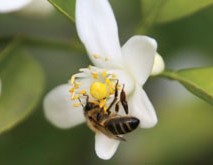
A smart phone application to help beekeepers identify pests in their hives is part of a suite of digital tools being developed to improve the biosecurity capability of the industry. The project will also see a review and re-design of the BeeAware website, an online biosecurity training course, and an annual survey of beekeepers conducted […] Read more